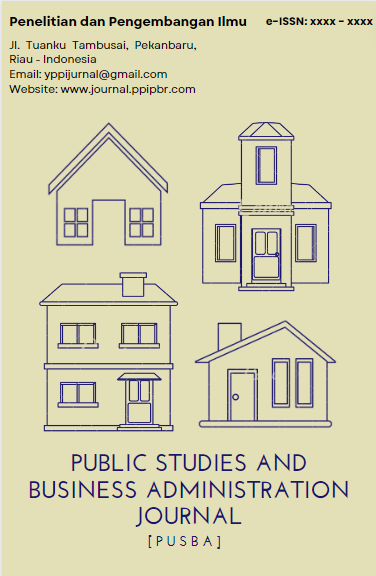INTERCULTURAL POLITICAL COMMUNICATION: ADAPTATION STRATEGIES OF POLITICAL CANDIDATES IN PLURAL REGIONS
DOI:
https://doi.org/10.62207/ebyrm161Keywords:
Political communication, intercultural adaptation, plural society, campaign strategy, identity politics.Abstract
This study examines the adaptation strategies of candidates' political communication in plural areas through a pluralistic approach.narrative review. Although the dynamics of contemporary political communication are dominated by discoursemedia framing, digital campaigning, and identity politics, there is a gap in the literature regarding the adaptation of intercultural communication. This article aims to analyze how political candidates adapt their messages, channels, and communication styles to reach cross-cultural audiences. The findings indicate that candidates integrate cultural symbols, differentiate their message strategies, and utilize communication channels that suit the characteristics of plural communities. The success of this adaptation is greatly influenced by the socio-cultural context, the level of societal plurality, and the candidate's legitimacy. However, adaptation also faces challenges such as the risk of message fragmentation, conflicts between vision consistency and the need for local adaptation, and the potential for backlash if deemed inauthentic. Theoretically, this research enriches the political communication literature with an intercultural perspective and proposes a new conceptual framework. Practically, it provides guidelines for candidates to build inclusive, persuasive, and sustainable communication in diverse societies, contributing to social cohesion and healthy democracy.
Downloads
Published
Issue
Section
License
Copyright (c) 2025 Abdul Rahman (Author)

This work is licensed under a Creative Commons Attribution-NonCommercial 4.0 International License.
http://creativecommons.org/licenses/by-nc/4.0/?ref=chooser-v1

















